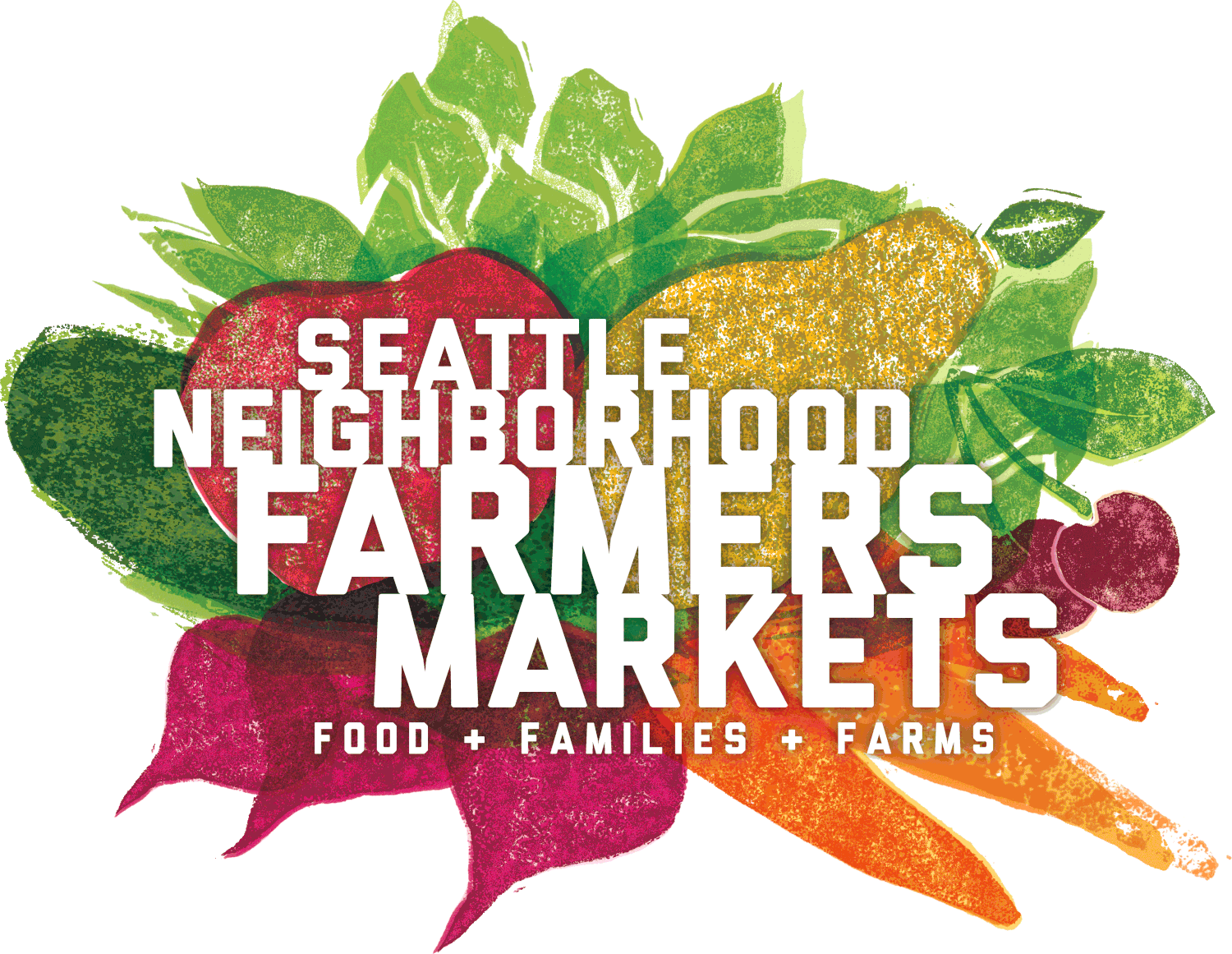Advancing Race & Equity: Part One
Black Lives Matter. Period. We are saying it now, we will say it again, you’ll see this message in our markets, it is written in our hearts. Black Lives Matter.
We see you joining protests. We hear you demanding justice. We stand with you in opposition to the racist and violent acts that have taken so many Black lives, including George Floyd, Breonna Taylor, Ahmaud Arbery, and many, many more. These racist acts come on the heels of unemployment and illness which has disproportionally affected Black, Indigenous, Latinx and other people of color during the pandemic. These issues and inequities are nothing new. They are the result of centuries of systemic racism and oppression. We want to be very clear in our message that now and always, Black Lives Matter.
As a primarily white organization, we acknowledge that simply making that statement isn’t enough. We need to take action, and we need to recognize that our voices are not the ones that need to be heard the most right now. We are proud of the strides we have made in fostering a more equitable and accessible local food system in the last 26 years, but we have a ways to go to ensure that racial justice and equity is centered in our work.
Today, we took steps toward changing that narrative. This morning, our team met to discuss ways the Neighborhood Farmers Markets (NFM) can increase and imbed racial equity in our operations permanently. We brainstormed how we can include the voices of community organizations, and businesses representing their communities, in conversations about each of our seven neighborhood markets.
One area we can immediately improve upon is our reliance on police intervention at farmers markets. Though we participate in annual de-escalation trainings, we acknowledge that there are alternative steps we can take to resolve situations at our markets before involving law enforcement.
To help direct our work toward racial equity and hold us accountable, we formed a Race & Equity Task Force. Just like the rest of our organization, it is made up entirely of white folks. We acknowledge this with humility, and hope to use our platform and the privilege we carry to amplify the voices of Black, Indigenous, Latinx and other people of color in Seattle. Creating a task force and having a meeting are tiny steps, but they are a start. This is an ongoing process, but we look forward to the challenge and will continue to keep our followers and supporters updated as we make progress, and, surely, as we make mistakes.
The Task Force’s role is as broad as the issues it aims to tackle: to reduce or eliminate racial disparities within the local food system and within the work of NFMs mission.

